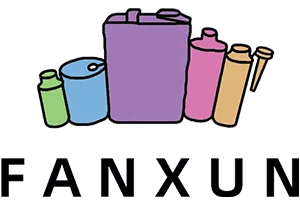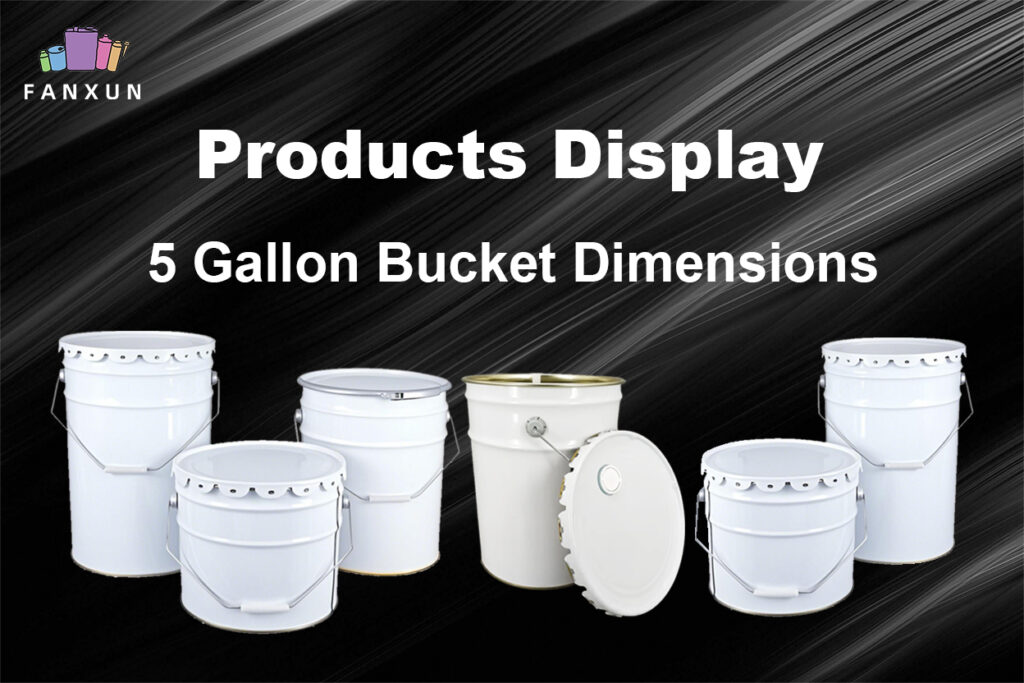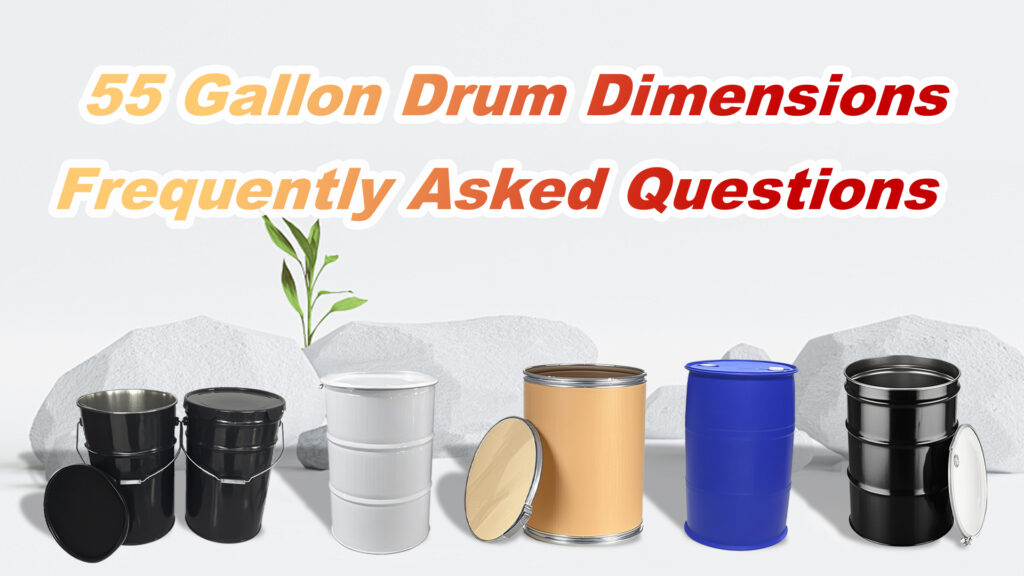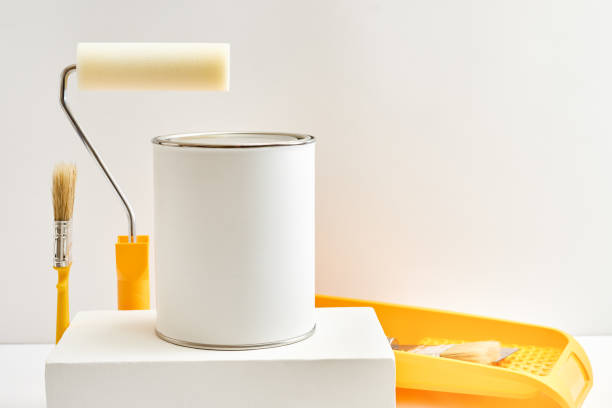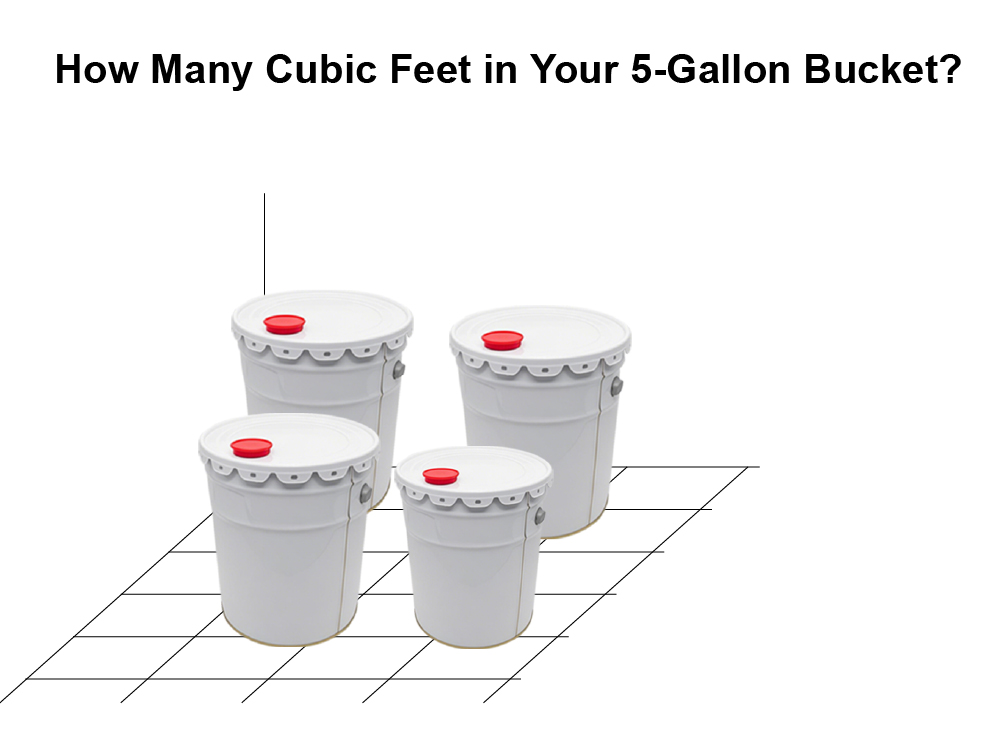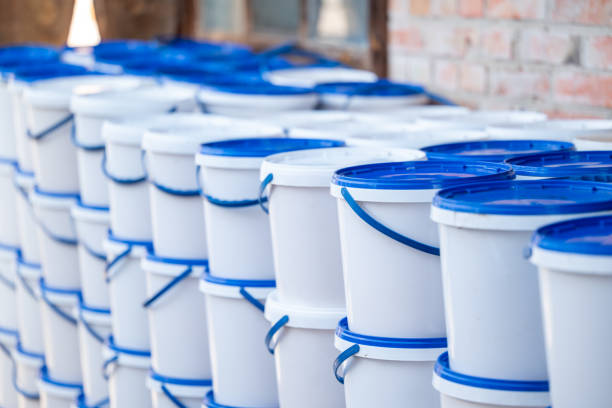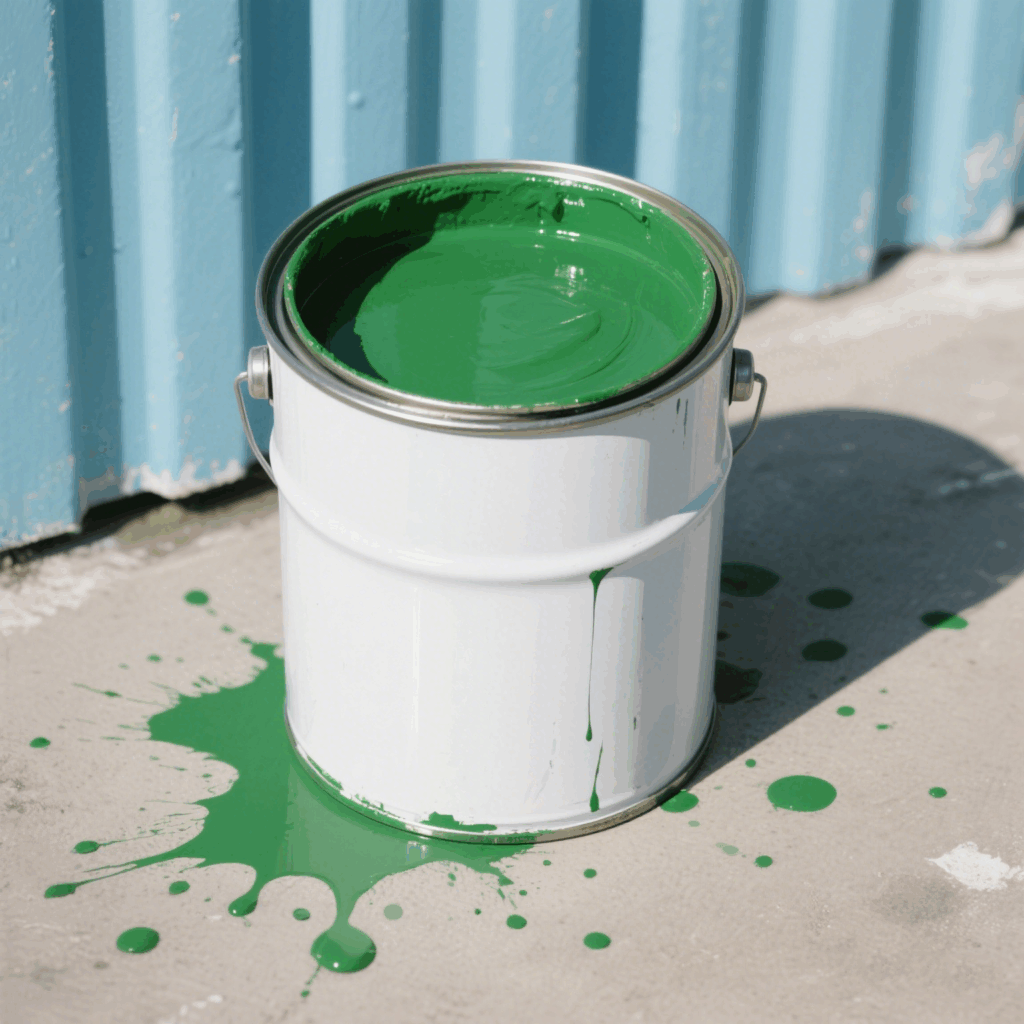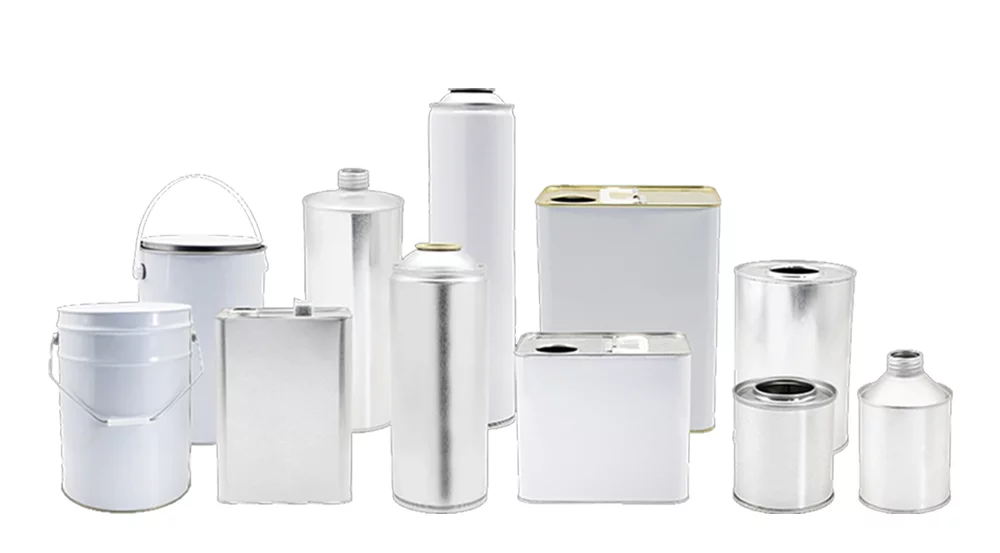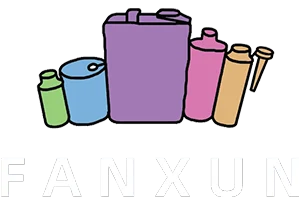If you’re like me and you’ve done a DIY brake fluid change or found an old bottle sitting on a garage shelf, you’ve probably asked: “What do I do with used or expired brake fluid?” The short answer? You can’t just pour it down the drain or throw it in the trash. It’s hazardous to both people and the environment. In this guide, I’ll walk you through everything I’ve learned about how to dispose of brake fluid properly—from the “why” to the “how”—so you can feel confident you’re doing the right thing.
Why Proper Disposal of Brake Fluid Matters
Brake fluid is a hazardous chemical. Most types (like DOT 3, 점 4, and DOT 5.1) contain glycol ethers, which are toxic and flammable. Even silicone-based DOT 5 fluid should never be dumped down a drain or sewer. Here’s why:
| Issue | Consequence |
|---|---|
| Environmental harm | Contaminates water and soil |
| Health risks | Skin irritation, toxic if inhaled or ingested |
| Legal penalties | Fines for improper disposal (varies by state) |
How to Dispose of Used Brake Fluid (Step-by-Step)
Let’s say you’ve just flushed your brake system—now you’re stuck with a container of old, dark brake fluid. Here’s how to dispose of it correctly:
1. Store It Safely First
-
Use the original bottle or a clean, clearly labeled, sealed container.
-
Keep it away from children, pets, and open flames.
-
Store in a cool, dry place until disposal.
2. Do NOT:
-
Pour it down the sink, toilet, storm drain, or onto the ground.
-
Mix it with other automotive fluids like motor oil.
-
Burn it or let it evaporate.
3. Take It to a Hazardous Waste Facility
This is the most responsible and legal way to dispose of brake fluid.
-
Search online for “[Your City] + household hazardous waste disposal.”
-
Some facilities accept it for free; others may charge a small fee.
4. Check with Local Auto Shops
Some auto parts stores or mechanics accept used fluids for recycling or disposal—especially if they already offer oil recycling.
-
Call ahead to ask if they accept brake fluid.
-
Examples include AutoZone, NAPA Auto Parts, Advance Auto Parts.
5. Use a Brake Fluid Recycler (if applicable)
In rare cases, municipalities or car enthusiasts may use fluid recyclers. These can process and clean brake fluid, but this is uncommon for the average driver.
What About New or Unused Brake Fluid?
Still have a sealed or partially used bottle that you don’t need?
-
Check the expiration date—brake fluid absorbs moisture over time.
-
If unopened and unexpired, ask local garages or mechanics if they can use it.
-
If it’s open and old, treat it like used fluid and dispose of it at a hazardous waste site.
How I Found My Local Disposal Option (Real-Life Tip)
I used Earth911.com and searched “brake fluid” + my zip code. It directed me to my city’s recycling drop-off site that accepts household chemicals once a month. Quick and easy!
Safety Tips When Handling Brake Fluid
-
Wear gloves and eye protection.
-
If spilled on your skin, wash immediately with soap and water.
-
Brake fluid is highly flammable—never smoke or light flames nearby.
-
Clean up spills with absorbent material (kitty litter, sawdust) and dispose of that properly too.
FAQ: Brake Fluid Disposal
Q: Can I throw brake fluid in the trash if it’s in a sealed container?
에이: 아니요. It’s considered hazardous waste and needs to go to a designated disposal site.
Q: Can I mix brake fluid with used motor oil?
에이: 아니요. Mixing can create a toxic mess that recycling centers won’t accept.
Q: Is brake fluid flammable?
에이: 예. Especially DOT 3 and DOT 4, which can ignite at high temperatures.
Q: How do I clean up a small spill in my garage?
에이: Use kitty litter or sawdust, let it absorb fully, sweep it into a disposable bag, and take it to a hazardous waste facility.
Q: What happens if I pour brake fluid down the drain?
에이: It can damage plumbing, harm water supplies, and violate environmental laws.
Final Thoughts
Brake fluid may not take up much space, but it packs a punch in terms of environmental risk. Learning how to dispose of it properly isn’t just about following rules—it’s about protecting your family, your community, and the world we all share. Whether you’re doing a full brake flush or just found an old bottle on the shelf, now you know exactly what to do.
